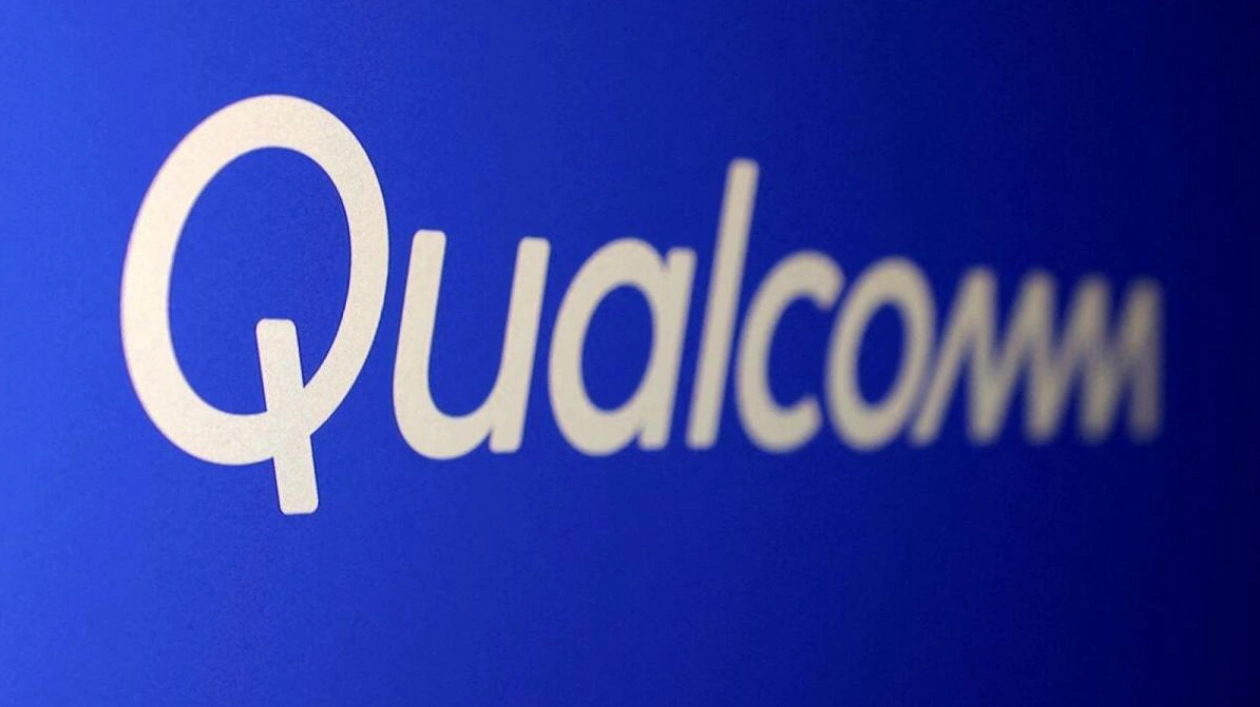Qualcomm has recently approached Intel to discuss a potential acquisition of the struggling chipmaker, according to a source familiar with the situation. This move could mark a significant shift in the industry but is fraught with challenges. Qualcomm CEO Cristiano Amon is personally leading the negotiations to acquire Intel, a company with a five-decade history, as per the source who was briefed on the matter. Another source revealed that Amon has been actively exploring various deal options for Intel.
Earlier this month, Reuters reported that Qualcomm had considered acquiring parts of Intel’s design business, with a particular interest in its PC design unit. Qualcomm’s executives were reportedly examining Intel’s entire business portfolio. The discussions with Intel are still in their early stages, and Qualcomm has not yet made a formal offer, according to a third source familiar with the matter. The sources requested anonymity due to the confidential nature of the discussions.
Intel declined to comment, and Qualcomm did not immediately respond to a Reuters request for comment. Intel’s shares rose by 3.3% on the news, while Qualcomm’s shares fell by 2.9%. This approach by Qualcomm comes at a time when Intel, once the world’s most valuable chipmaker, has seen its shares drop by nearly 60% since the beginning of the year.
If a deal were to proceed, it would likely face scrutiny from antitrust regulators in the United States, China, and Europe. Qualcomm might be required to divest parts of Intel to gain regulatory approval. This potential bid would be the largest takeover attempt in the tech industry since Broadcom’s $142 billion offer for Qualcomm in 2018, which was blocked by then-President Donald Trump on national security grounds.
It is unclear how Qualcomm, with a market value of $188 billion, would finance a bid for Intel, which is valued at $122 billion including debt. Qualcomm has approximately $13 billion in cash, according to recent company filings. Additionally, it remains uncertain how Qualcomm would manage the acquisition of Intel’s contract manufacturing business, which has involved decades of investment and the accumulation of thousands of engineers.
Qualcomm has never operated a chip factory and currently relies on companies like Taiwan Semiconductor Manufacturing Co for manufacturing, using designs and technology from Arm Holdings. Intel, once the leader in chipmaking, has lost its manufacturing edge to Taiwanese rival TSMC and failed to produce a chip that could capitalize on the generative AI boom, a market dominated by Nvidia and AMD.
Intel has been trying to turn its business around by focusing on AI processors and establishing a chip contract manufacturing business, known as a foundry. Following a board meeting last week, Intel announced plans to restructure the company, including pausing construction on factories in Poland and Germany and reducing its real estate holdings. The company also announced a deal to produce a custom networking chip for Amazon.com’s AWS.
The Wall Street Journal reported on Qualcomm’s talks with Intel earlier on Friday.






